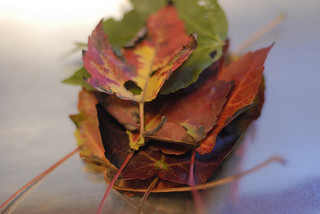Au Pairs – Imagine for a moment that you went to the hospital and you were in the care of doctors and nurses. How would you feel if those doctors and nurses who were there to care for you were more interested in texting or using their personal computer than caring for you? How would that make you feel, about yourself and about them? Would you think that you were getting the treatment you deserved? Would you feel like paying the bill after your stay?
Life as an au pair, it is a fine balance between employee and family member. You live with your host family and participate with them as a member of the family, but you also have clear responsibilities as a childcare provider. Being a childcare provider is truly one of the most important jobs I can think of, because you are helping to shape our next generation. What message are you sending them when you would rather interact with a computer than with them? How will they feel about themselves and about you? Children feel as though everything is about them. They will see this as a rejection of them and they will be more likely to act out.
It also poses a safety concern when you are not paying enough attention to the children in your care. Accidents happen, but when an adult care giver is close by and appropriately supervising the chances of a major injury dramatically reduce.
 During work hours, the following would not be considered acceptable:
During work hours, the following would not be considered acceptable:
-Texting
-Talking to friends on the phone
-Chatting with friends online
-Using Skype or FaceTime
-IMing
-Emailing
-Updating your status on Facebook
-Using Snapchat, WhatsApp or any other app or social media site
-Watching videos on YouTube
-Tweeting on Twitter
-Uploading photos on Instagram
-Anything else on the computer unless it is going to Nickjr.com together with your host children
Think about this — even if you work 45 hours a week, that leaves you 123 hours per week for all of that other stuff, or about 70 hours (if you are getting the recommended 7-8 hours of sleep per night.)
Host Parents – You need to be clear about what you consider acceptable during work hours to avoid misunderstandings. Also, please understand that you are dealing with a new generation of people who are very accustomed to being plugged in at all times. Their intention is not to be rude, they don’t necessarily realize how their actions will be perceived. Please use this information as an opportunity to begin a dialogue on the issue.
 Cutting paper snowflakes is a fun and simple indoor winter activity. Here is a great video showing you how to cut some of your own. For younger kids is is best to keep the designs simple to avoid frustration if they cut away too much and it tears.
Cutting paper snowflakes is a fun and simple indoor winter activity. Here is a great video showing you how to cut some of your own. For younger kids is is best to keep the designs simple to avoid frustration if they cut away too much and it tears.
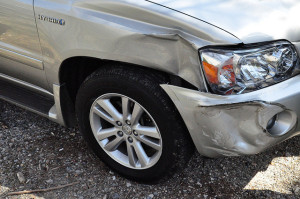
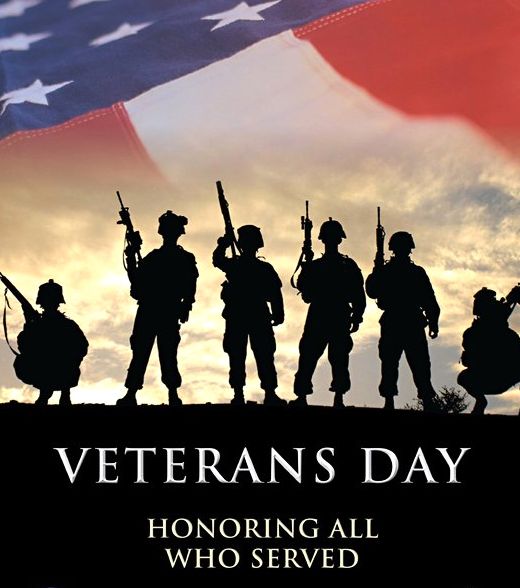
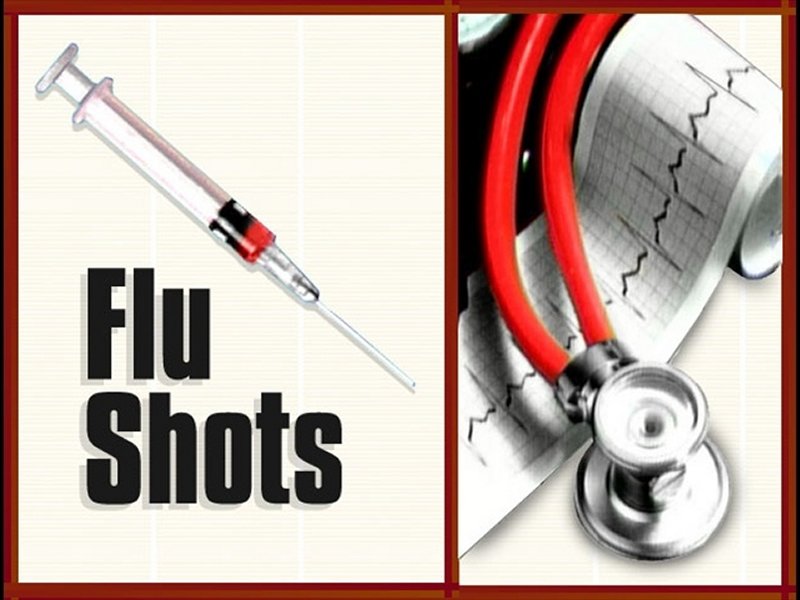
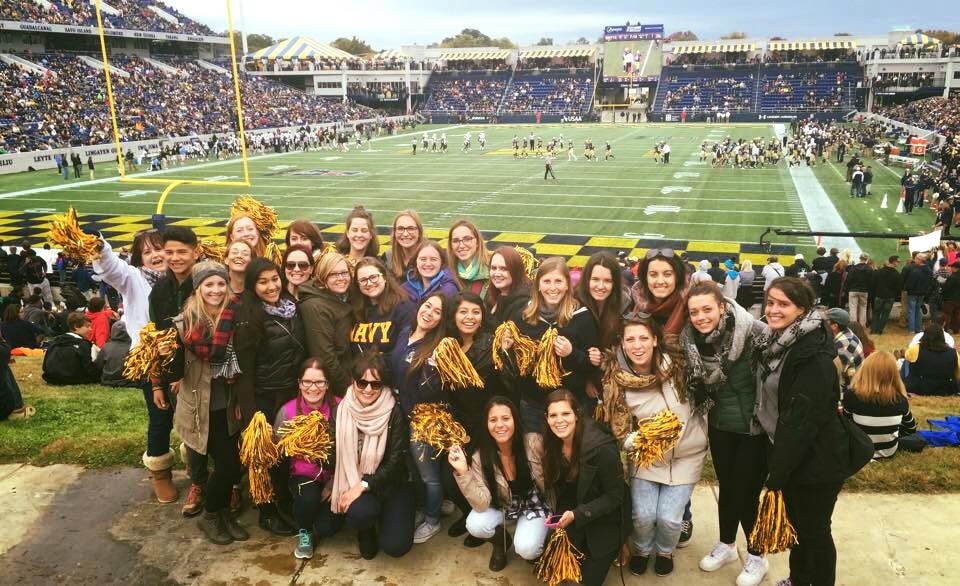
 On October 24, we watched the Naval Academy Midshipmen take on Tulane University. The Naval Academy won! It was many of our au pairs first taste of American football.
On October 24, we watched the Naval Academy Midshipmen take on Tulane University. The Naval Academy won! It was many of our au pairs first taste of American football.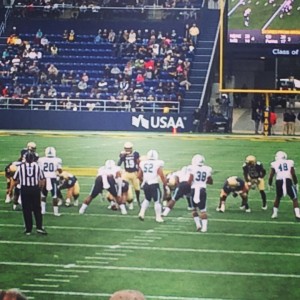

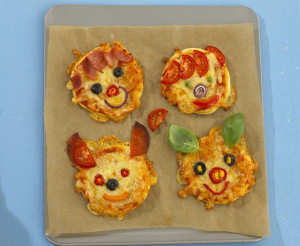
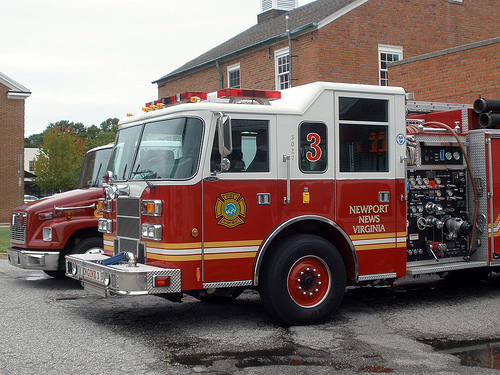
 During work hours, the following would
During work hours, the following would 